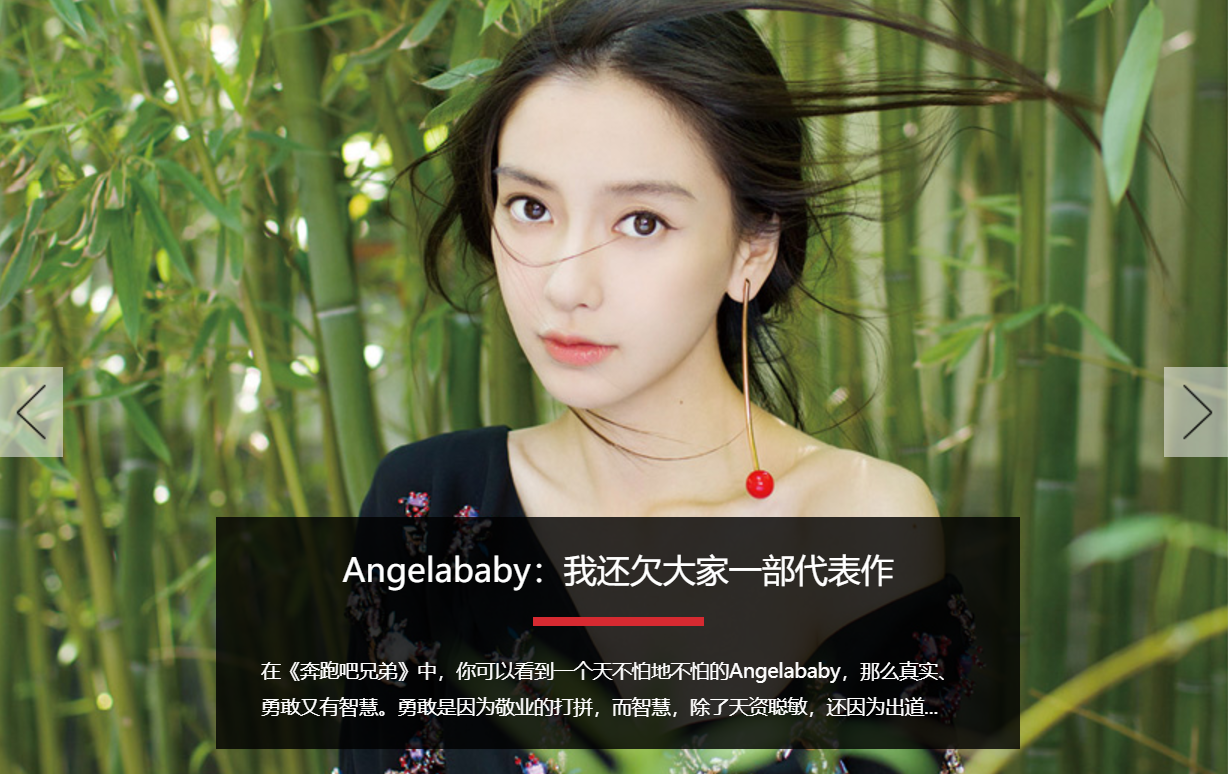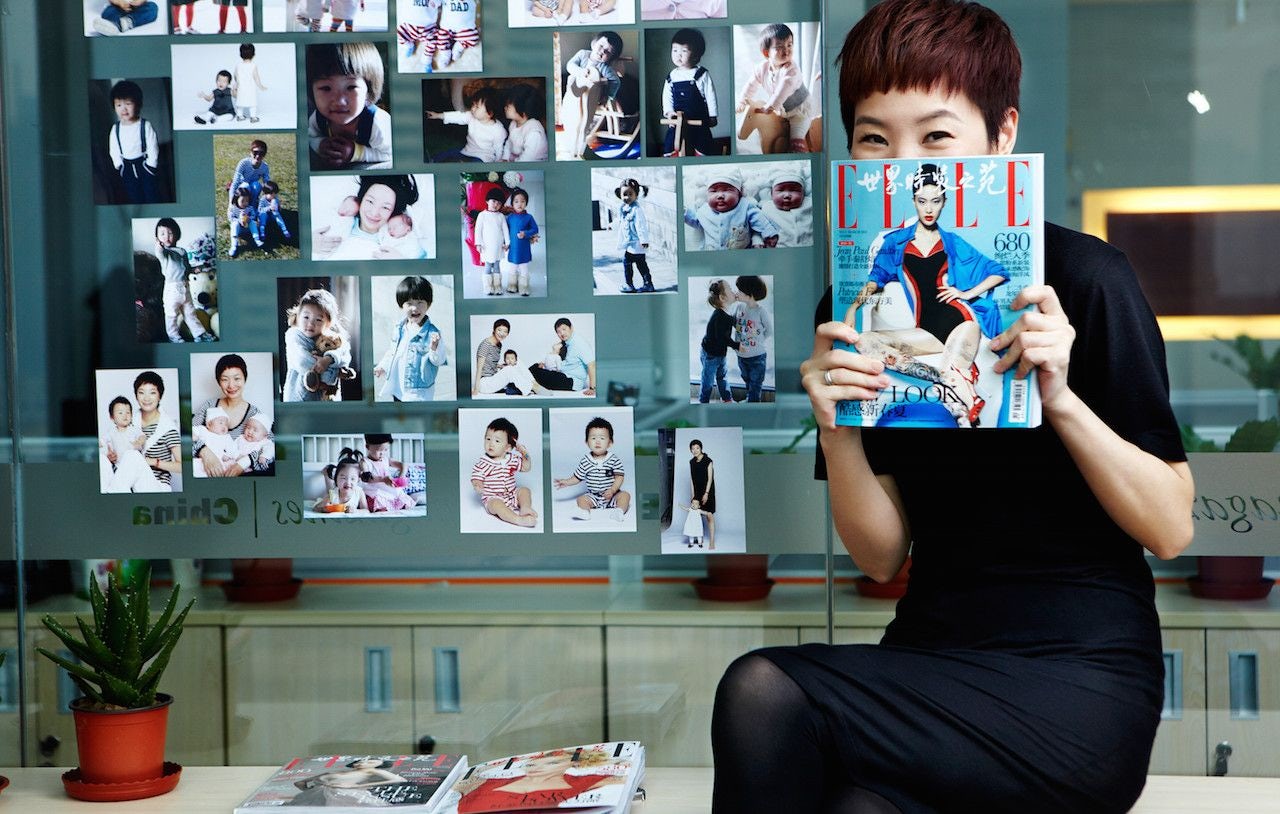Self China, Condé Nast's Chinese version of the American health and wellness magazine by the same name, announced that it will shutter its print magazine, website and app at the beginning of 2018 and move their content exclusively to WeChat, the country's dominant social media platform, where it has 420,000 readers.
Xu Heli, the Editor-in-Chief of Self, has already resigned from her position and the magazine is about to cut more staff to make room for digital talents in the near future. Appointed in 2015, Heli was the second Editor-in-Chief of Self, after Chen Hemei, who was the first EIC, and was with the magazine for eight years since its founding in 2007. Before joining the publication, Heli worked on the editorial staff at Elle and Vogue.
This move follows closely on the heels of the move in December 2016 by the U.S. magazine Self to become online-only after the publication of their February 2017 edition.
While the American version of the magazine is focused on health, wellness and beauty, its Chinese counterpart, which is published in partnership with the local influential publisher Women of China (which also publishes a local magazine by the same name that was founded in 1937), is more fashion-focused, putting it more in line with publications like Vogue, Elle and Harper's Bazaar.
The magazine, called "Yueji" in Mandarin, announced its move as an attempt to adapt to the fast-growing digital landscape in China. It was a surprising about-face for a magazine that, in recent years, seemed to be making great strides toward becoming a strong presence on a variety of digital platforms.
In 2011, it set up an e-commerce site to sell products to its readers. In November 2014, it launched an app for smartphones coinciding with the hire of Heli, who was seen as a fresh new talent who would lead the magazine toward a strong new digital persona.
"On social media, you only have two seconds to connect with your digital audience," said Heli in an interview with Chinese publication LadyMax last year. "That's why the digital strategy is so important to us."
While the story it tells about print is not uncommon, the move has accentuated just how important WeChat, the Tencent-owned app that has over 938 million users, is in winning over a Chinese audience for any player in the fashion and luxury industry in China.
In 2015, Self had on average 10,000 views per WeChat post. Today, it has a healthy range of 50,000 to 60,000 views, the publication told LadyMax before. In comparison, Vogue China, arguably the most successful fashion publication in China, commonly draws 40,000 views to its posts whereas Elle China, another popular fashion publication, sees somewhere around 35,000, according to the latest statistics from NewRank, a third-party tracking platform of brand's WeChat account traffic.
On September 22, Sophia Liao, the CEO of Condé Nast China, who was also deeply involved in the early operation of Self China, released a public letter to investors and clients delineating why WeChat would be a sustainable path for the magazine to survive in the digital transformation.
"By shutting down all distribution channels except for WeChat, said Liao in the letter, "Condé Nast China hopes to best utilize the company's core resources to concentrate on a sustainable path going forward." She also noted that the decision was based on a long-term evaluation of the current market environment.
As new technologies have revolutionized the way people consume media content in recent years, it has become a mandate in the world of fashion editorial to go digital in order to survive. But WeChat also has its share of complications in the People's Republic. In June, the Chinese government shuttered the WeChat account of Harper's Bazaar, along with 60 other social media accounts by publications that offered celebrity news and gossip because, according to the Beijing Cyberspace Administration, these publications ostensibly undermined socialist values.
When asked by Ladymax what was more important for a WeChat post, the content or the headline, Heli gave a telling response. "The headline is really important," she said. "We don't want to be a publication that relies only on headlines to grab peoples' attention, but we have to have good headlines to get people to click through to our posts. It's very cruel on social media. You only have two seconds to catch your readers. If they don't click, you lose them."



